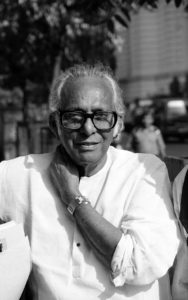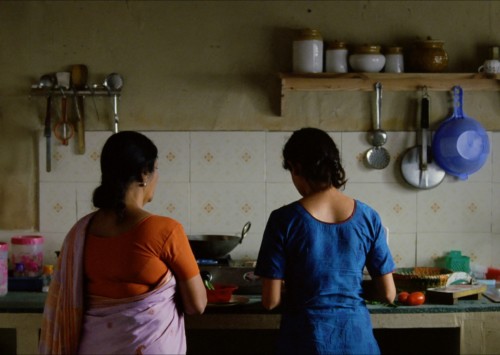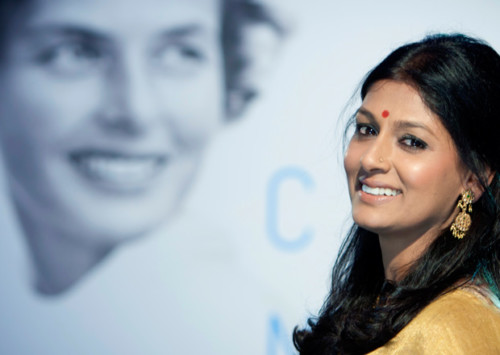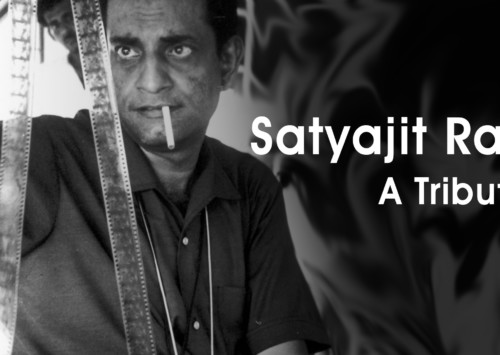Remembering Mrinal Sen’s legacy
Legendary filmmaker Mrinal Sen, in for his hard-hitting films on the Indian society, died at the age of 95. He was the last of the triumvirate of directing icons – Satyajit Ray and Ritwik Ghatak, that put Indian cinema on a global stage.
Mrinal Sen ( May 14, 1923 – December 30, 2018), a noted Bengali filmmaker based in Kolkata was known for his hard hitting films on the Indian society. He was one of the pioneers of the New Cinema Movement, along with his contemporaries like Satyajit Ray and Ritwik Ghatak, which brought a new dimension of aesthetic to Indian cinema. Sen was also considered to be one of the greatest makers of parallel films – an alternative to mainstream commercial Indian cinema. After fighting a prolonged battle with age-related ailments, he passed away in Kolkata on Sunday at the age of 95.
Our country is grateful to Shri Mrinal Sen for giving us some of the most memorable films.
The dexterity and sensitivity with which he made films is noteworthy. His rich work is admired across generations.
Saddened by his demise. My thoughts are with his family and admirers.
— Narendra Modi (@narendramodi) December 30, 2018
Awards and Recognition
Landmark films like Baishey Shrabon (Bengali, 1960), Bhuvan Shome (Hindi, 1969), Mrigaya (Hindi, 1976), Oka Oori Katha (Tamil, 1977), Akaler Sandhane (Bengali, 1980), Kharij (Bengali, 1982) and Khandhar (Hindi, 1984) earned him several national, as well as international awards.
In 1983, he was awarded Padma Bhushan, India’s third highest civilian award, for his outstanding contribution in the field of cinema and in 2005, Sen received the country’s highest honour in film, the Dadasaheb Phalke Award. He was conferred with the Lifetime Achievement Award at the Fifth Global Film Festival in Noida in 2012 and was inducted as a member of the Oscar Academy in 2017.
In addition to this Sen also received several international awards. In 1981, he won three awards at Berlin for Akaler Sandhane. He had earlier won Berlin awards for Chorus in 1975 and Parshuram in 1979. At Cannes, Ek Din Pratidin, Kharij and Genesis were up for the Palme d’Or in 1980, 1983 and 1986 respectively, with Kharij winning a jury prize. Sen’s last film was 2002’s Amar Bhubon, which won best director at Cairo and best actress for Nandita Das.
I dreaded the day I would have to write about Mrinalda in past tense. But I knew it was coming. I met him last on Nov 11th. He was frail but he didn't leave my hand. Mrinalda, the world, and for sure my world won’t be the same without you. https://t.co/OxE71qJPMG pic.twitter.com/yS70H4ZiMe
— Nandita Das (@nanditadas) December 30, 2018
Some of his best works
Sen’s humanistic approach and vision in films such as Neel Akasher Neechey, Bhuvan Shome, Ek Din Achanak, Padatik and Mrigayaa made him the pioneer of a new wave in Indian cinema. His first Hindi film, Bhuvan Shome (1969), is generally regarded not only as the starting point of India’s parallel cinema movement but also as a lodestar for the succeeding generations of commercially-oriented filmmakers who turned their attention to stories of import from the hinterland and from spaces populated by India’s urban underclass.
Mrinal Sen made his debut as a filmmaker with a feature film Raat Bhore in 1955, which starred Uttam Kumar. However, it was Neel Akasher Neechey that earned him recognition. Baishey Shrabon released in 1960 was the first film that gave him international exposure.
Apart from the spectacular films he has left behind, there are also some books which give a glimpse of his thought process and the techniques he employed. These include – Always being born– in which he narrates his life as it was and intersperses it with anecdotes, Montage: Life, Politics, Cinema– an anthology which includes his views on politics, literature, theatre, letters written by him, Charlie Chaplin– which is a tribute to the Charlie Chaplin and Over the Years: An Interview with Samik Bandyopadhyay– which documents his interview with Samik Bandyopadhyay.
Extremely saddened to learn that #Mrinal Sen da passed away this morning. A giant of a filmaker and a very special person. I have cherished working with him in Khandar Genesis and Ek Din Achanak. RIP and deep condolences to Kunal Nisha and his Dr friend seen in the photo pic.twitter.com/hT49fk3S50
— Azmi Shabana (@AzmiShabana) December 30, 2018














